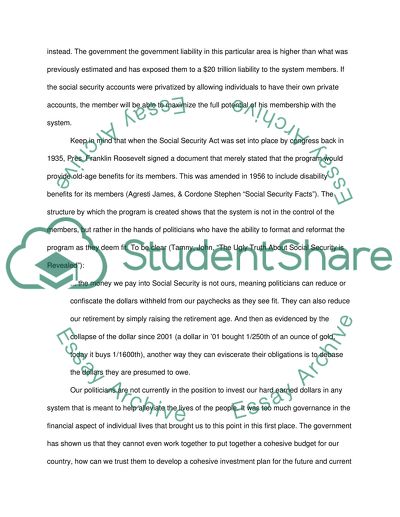Cite this document
(“People who contribute to social security should have the right to Essay”, n.d.)
People who contribute to social security should have the right to Essay. Retrieved from https://studentshare.org/philosophy/1461420-people-who-contribute-to-social-security-should
People who contribute to social security should have the right to Essay. Retrieved from https://studentshare.org/philosophy/1461420-people-who-contribute-to-social-security-should
(People Who Contribute to Social Security Should Have the Right to Essay)
People Who Contribute to Social Security Should Have the Right to Essay. https://studentshare.org/philosophy/1461420-people-who-contribute-to-social-security-should.
People Who Contribute to Social Security Should Have the Right to Essay. https://studentshare.org/philosophy/1461420-people-who-contribute-to-social-security-should.
“People Who Contribute to Social Security Should Have the Right to Essay”, n.d. https://studentshare.org/philosophy/1461420-people-who-contribute-to-social-security-should.


